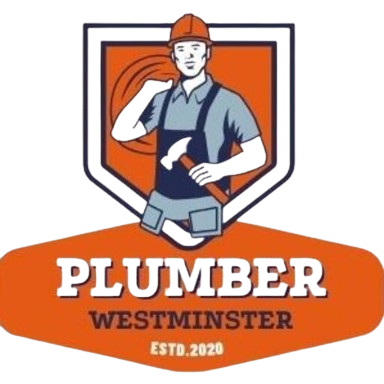Routine Plumbing Checks A Guide for Homeowners
It’s crucial to maintain your plumbing system to keep everything operating well and prevent expensive repairs. You can find minor problems before they become major ones by doing routine plumbing inspections. Here’s how to do routine plumbing inspections in your house:
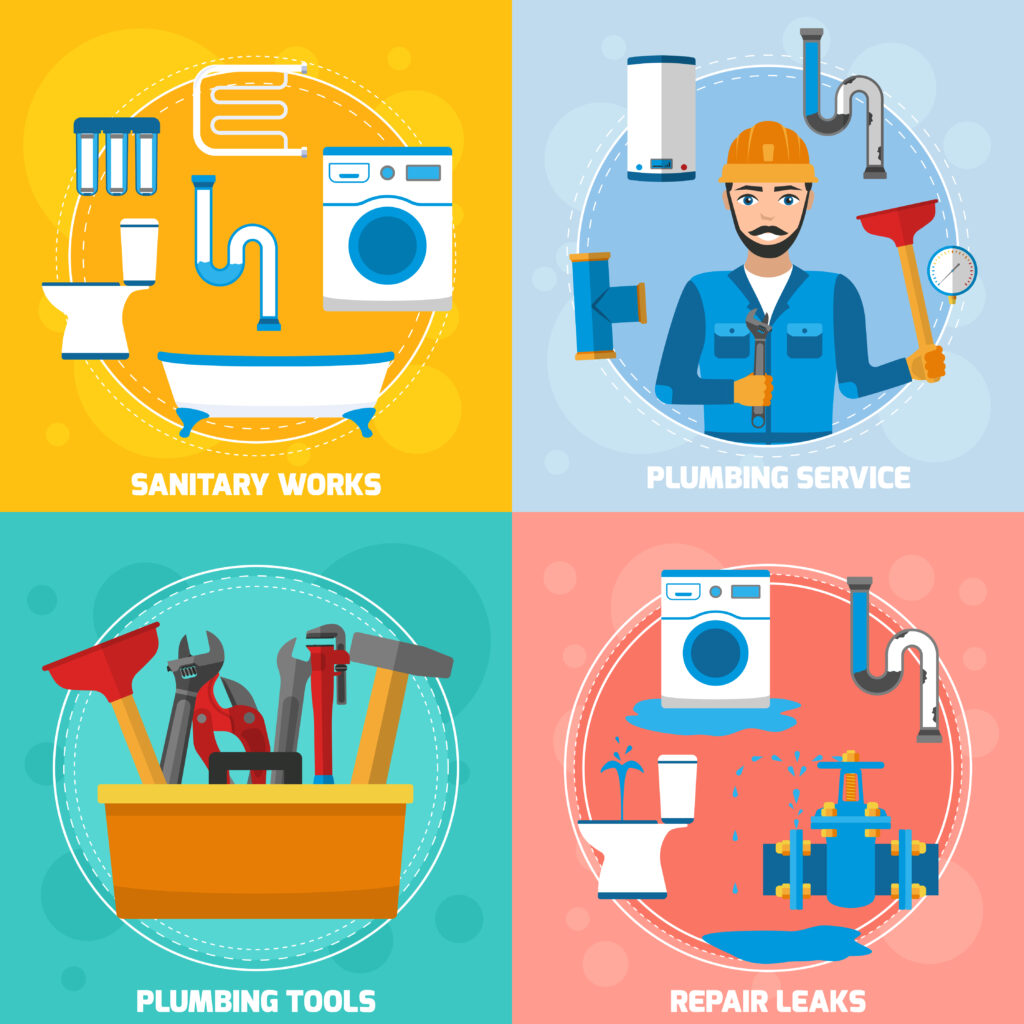
Inspection for Leaks
Pipes and Faucets:
Examine all pipes that are visible around appliances, in the basement, and beneath sinks. Keep an eye out for water stains or other indications of dampness, as these could point to leaks.
Water Meter:
Check your water meter after turning off all of the water in your house. There can be a concealed leak in your plumbing system if the meter is still operating.
Toilets and Showerheads:
Check for leaks in showerheads and toilets that don’t operate continuously.
Examine the Water Pressure
A issue with the water supply or congested pipes may be the cause of low water pressure. Try running water in several parts of your house to check the pressure. It might be time to look into it more if it feels weak.
Pressure Regulator:
Verify that the pressure regulator in your house is operating properly.
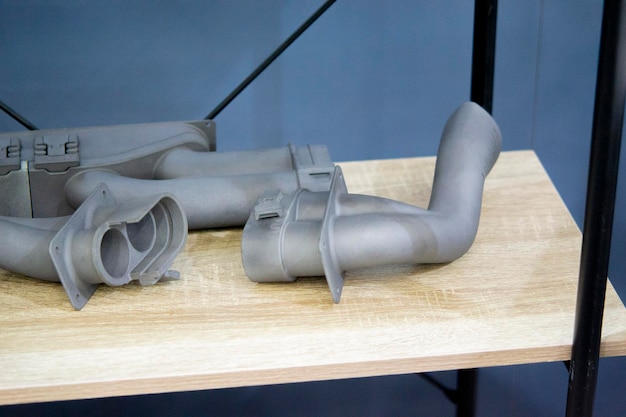
Check Drainage
To guarantee that water flows smoothly without backup or delayed drainage, run water through all of your drains, including those in your showers, bathtubs, and sinks.
A clog may be developing if water backs up or drains slowly. For difficult clogs, use a drain snake or contact a qualified plumber.
Additionally, make sure that there is no material blocking the outdoor drainage systems or floor drains.
Inspection the Water Heater
Make sure your water heater is adjusted to the ideal temperature, which is approximately 120°F (49°C). In addition to saving electricity, this will keep the water from burning.
Rust and Leaks:
Inspect the water heater for indications of corrosion, rust, or leaks near the tank. If your water heater is rusty, it might be time for a replacement.
Sediment Buildup:
Sediment buildup at the tank’s bottom over time might result in inefficiency. To get rid of sediment, think about cleansing the tank once a year.
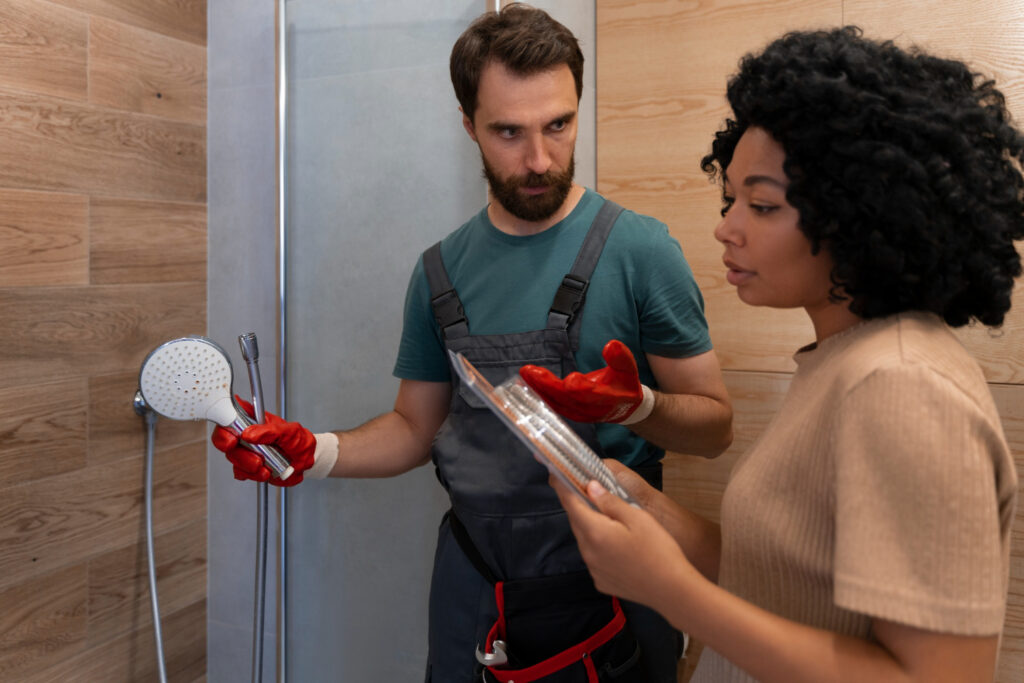
Test the Sump Pump
Test your home’s sump pump on a regular basis to make sure it’s operating correctly. To engage the pump and see if it successfully pumps water out, fill the sump pit with a bucket of water.
To make sure debris doesn’t block the pump, clean it on a regular basis.
Look for Signs of Water Damage
Look for any discoloration, mold, or soft areas on the walls, ceilings, and floors. These could be signs of water damage from leaking pipes or a slow leak behind walls.
Keep an eye on the spaces surrounding the laundry room, bathroom, and kitchen.
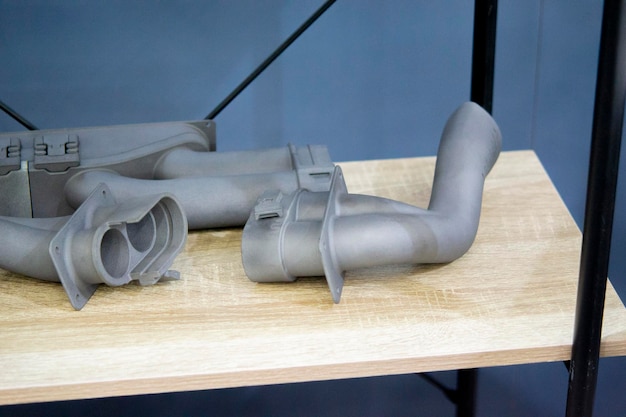
Review the Sewer System
Odors and Smells:
Strong odors in the house, especially near drains, may be a sign of sewage problems. Check the basement and the area around floor drains for smells on a regular basis.
Sewer Line:
To make sure there are no significant obstructions or damage, it can be worthwhile to arrange a sewer inspection if you observe recurring drainage problems.
Winterize Your Plumbing
Protecting your pipes from freezing in the winter is essential in colder climates. Pipes in unheated spaces, such garages, basements, and attics, should be insulated.
To avoid freezing, unplug garden hoses and turn off any outside water valves before the cold weather hits.
Look for Signs of Mold or Mildew
Mold can form as a result of routine plumbing problems like leaks and inadequate drainage, especially in moist places like basements and bathrooms. Check for apparent mold growth on a regular basis and fix any water leaks that might be the cause.
Know When to Call a Professional
Even though routine inspections might help avoid serious plumbing issues, a licensed plumber should handle some problems. Don’t be afraid to bring in a professional if you see anything that worries you, such strange pipe sounds, large leaks, or routine plumbing inspections that don’t seem to be functioning.
Conclusion
By spotting possible issues early on, routine plumbing inspections can help guarantee that your plumbing system is operating efficiently and ultimately save you money. You can maintain the plumbing system in your house by checking your sump pump, water heater, drains, water pressure, and pipes. It’s always a good idea to speak with a qualified plumber if you have any questions regarding a problem.
